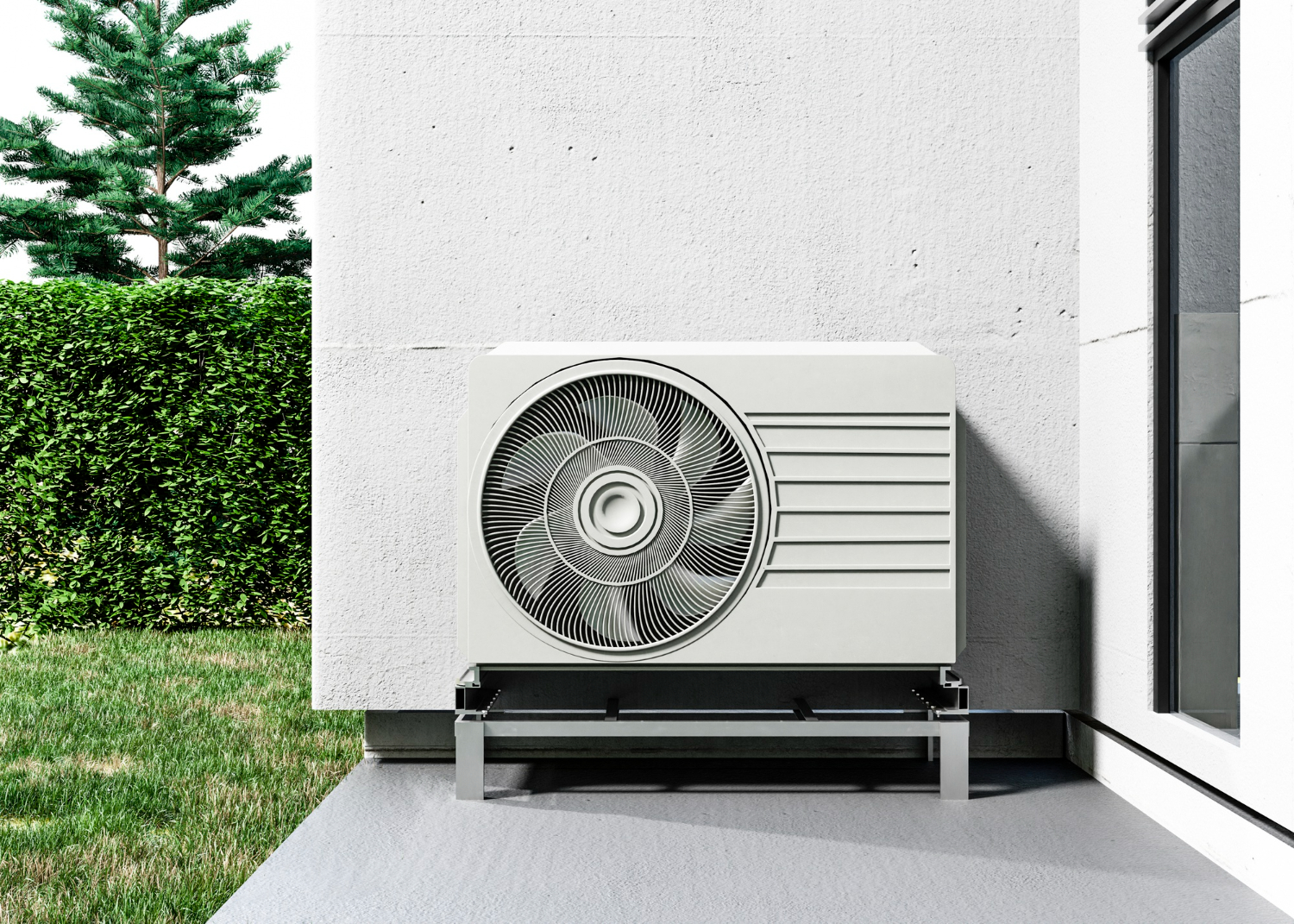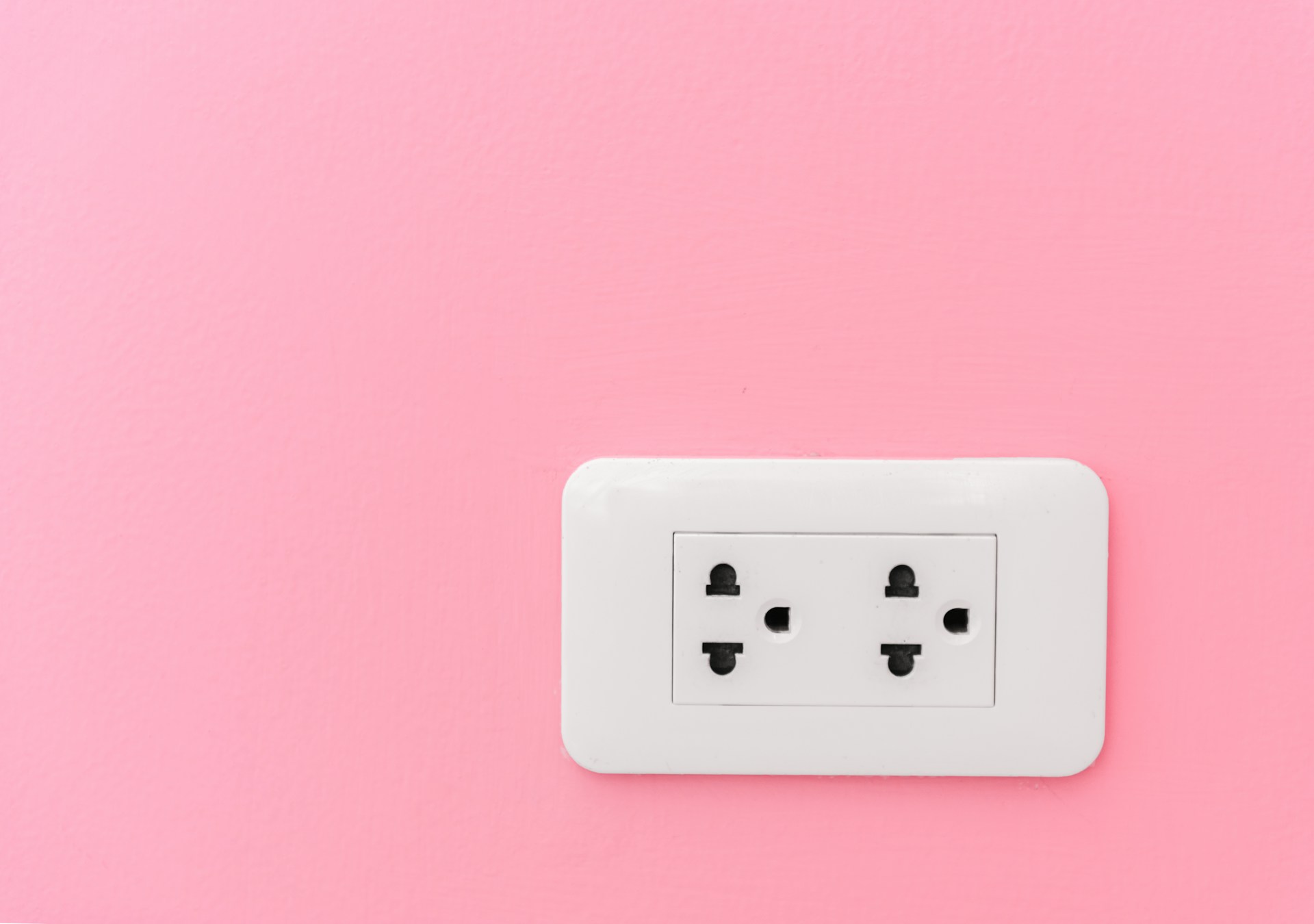
EV Charger Installation and Old Home Wiring Challenges in Concord

Homeowners across Concord are seeing more electric vehicles in driveways and garages. As EVs continue to grow in popularity, many families are starting to think about how they will charge their car at home. Relying on public charging stations is not always convenient, and Level 1 chargers that come with most vehicles can take days to fully charge a battery. That is where permanent EV charger installation becomes an important step. Having a dedicated charger in your garage or driveway gives you quicker charging times, added convenience, and a better use of your vehicle.
But for homes built several decades ago, this upgrade is not always simple. Older electrical systems may not be ready for the needs of modern EV chargers. Wiring that worked well for lighting and small appliances might not support the higher loads EV chargers require. That does not mean it cannot be done. It just means the process might involve a few more steps. Knowing what challenges to expect with EV charger installation in Concord’s older homes can help prevent installation delays and safety concerns.
Understanding Old Wiring in Concord Homes
Houses built before the early 1980s often have different wiring systems than those used today. In Concord, many of these older homes still use materials and layouts that were standard at the time but are now outdated. If you have an older home, there is a chance it still has knob-and-tube wiring or ungrounded circuits, which were not designed to carry the type of electrical load an EV charger puts out.
When dealing with legacy wiring, a few problems are likely to appear:
- Capacity limits. Older systems may only support 60-100 amps for the entire house, while some EV chargers alone can draw 30-50 amps.
- No dedicated circuits. Modern chargers require a dedicated circuit from the panel to the charger. Many older systems do not have room for added circuits without an upgrade.
- Worn out insulation. Over time, the insulation surrounding the wires can become brittle or cracked, increasing the risk of short circuits or other failures.
- No grounding system. Modern electrical codes require grounding for safety. Homes without proper grounding are more prone to surges and potential damage to connected devices.
These issues, if not properly addressed first, can cause delays in EV charger installation or pose safety risks after charging begins. For example, homeowners may think they are ready to move forward with installation, only to find out their panel needs to be upgraded or the wiring does not meet electrical code. That extra work adds time and expense, which can be frustrating if you were not expecting it.
In many situations, the issue is not obvious until someone opens up the panel and inspects the wiring. If your lights flicker when heavy appliances come on, or your breakers trip often, your home may already be showing signs that its wiring is not built for today’s demands. That is why a full evaluation before installation is so important.
Barriers to EV Charger Installation in Older Homes
Getting a Level 2 EV charger installed in an older Concord home involves more than just mounting equipment. There are several common challenges when fitting modern charging technology into aged electrical systems. Knowing what to expect helps reduce surprise costs and delays later.
Here are the most common issues our technicians see:
1. Limited space in the electrical panel
Many older panels were never designed for the number of circuits modern systems require. If there is not enough room, a panel replacement might be the only safe option.
2. Low amperage service
EV chargers require capacity that some homes just do not have. Service upgrades may be required to raise the home’s incoming power, especially in homes with 60 or 100 amp panels.
3. Breakers incompatible with new equipment
Older panels with discontinued brands may not handle newer breakers safely and do not always meet today’s electrical code. This adds complexity and cost.
4. Outdated conduit or wire types
Running new wires to exterior garages, detached units, or other areas may expose degraded conduit or improper wire gauges that are not safe for EV charging.
5. Code compliance
Homes using older systems might fall short of current building and electrical codes. Meeting code is not optional. It is required for the safety of your home and approval of the installation.
Addressing these barriers early helps set realistic expectations before installing your charger. Instead of trying to force modern equipment into an outdated setup, the better route is to invest in proper updates. This protects both your home and your car's charging system.
How Our Professionals Handle EV Charger Installation in Concord’s Older Homes
Older homes in Concord can still support EV charging with the right upgrades and planning. It starts with a full electrical inspection to find out what can stay and what must be updated. Once our professionals evaluate the current setup, they look at possible issues like panel size, total amperage, and wire condition. From there, they plan out the process to bring the home’s electrical system up to modern standards.
In many cases, the panel itself is the first thing that needs attention. If it does not have room for a new 240-volt breaker or does not meet installation requirements, panel replacement is likely. A new panel can handle higher power delivery and future needs. Along with the upgrade, our technicians also measure the load across your household appliances to make sure adding an EV charger will not overload the system.
Other key steps during installation include:
- Running a new dedicated circuit from the panel to the charger’s install location
- Installing the correct gauge wiring for the charger’s amperage
- Verifying grounding and bonding meet updated code
- Replacing damaged or outdated conduit as needed
- Making any corrections required for permit or inspection approval
Permits and code compliance are part of the process too. All installations need inspection, especially with homes that carry outdated wiring. Our professionals handle coordination with the local building department, file the right permits, and meet inspection guidelines. This helps keep the process efficient and ensures everything is signed off properly. At the end of the job, homeowners have a truly safe setup with reliable EV charging at home.
Why Professional Installation Delivers More Value
Cutting corners with electrical work can put both your home and EV at risk. That is why a professional approach to charger installation makes a real difference. Older homes already bring some challenges, and skipping key upgrades can turn into bigger problems later on. Done right, the job does more than power your EV. It protects your entire system.
Here is what homeowners in Concord can expect from a professional EV charger installation:
- A safer setup that does not overload the home’s wiring
- Consistent, reliable charging speeds without tripping breakers
- Local electrical code compliance and peace of mind during inspections
- Better planning for future upgrades or energy demands
- Fewer system faults, charger errors, or overheating risks
One example we often see involves homes with detached garages. A previous installation might have tied into old outdoor wiring that cannot safely handle modern power draws. When those lines are not rated for the amperage of an EV charger, there is an increased chance of overheating. Replacing those connections during the install helps avoid issues like flickering lights or hot outlets later on.
Installing a charger is not about simply getting power from point A to point B. It is about doing the job right the first time so you are not paying twice or correcting unsafe work down the road.
Making EV Charging at Home Simple and Reliable
Preparing for your install ahead of time helps things go more smoothly. Start by thinking about where your charger will go. Wall-mounted units need space and clear routing for conduit and wires. You will also want to know where your main panel is located and whether it is inside, outside, or in the garage.
Here are a few quick preparation tips:
- Clear space near the electrical panel and installation site
- Test nearby outlets and lights for signs of voltage drops
- Make a list of appliances that draw high power such as dryers or ovens
- Take a photo of the current panel so the technicians can review ahead of time
- Ask about your current electrical service size, often shown on utility bills or the panel cover
After installation, it is also smart to keep a check on usage and ensure the wiring stays in good condition. You will not need to do this often, but a quick look every few months can help catch any signs of wear, corrosion, or changes in charging behavior.
Stay Ahead of Electrical Challenges in Concord
EV charger installation in Concord homes often brings up several hidden electrical problems, especially in homes built before 1980. But those problems do not need to stand in the way of safe, daily charging. With the right updates, even older homes can support efficient EV charging with no ongoing disruptions.
Investing in an updated electrical system benefits more than just EVs. It supports future electrical loads, adds value to the home, and reduces the risk of overloads or fire hazards. It also means you will not run into delays or problems when it is time to sell the property, since your system already meets expectations for newer technologies.
If you are seeing signs like tripping breakers, slow charging, or warm outlets while using your current setup, it is worth getting the system checked out. Catching those issues early keeps your home safer and shields your charger from damage. In Concord, where many homes fall into the older construction category, these checks make a big difference in smooth, long-term use.
For homeowners looking to install a reliable charging system at home, a proper EV charger installation in Concord ensures that your electrical setup is safe, compatible, and efficient. Our professionals can evaluate your current wiring and recommend any needed upgrades to support long-term use. For a quick estimate or to book a service visit, please contact us today through Green Air Heating and Air Conditioning, Inc.
Customer Testimonials
Our clients love the energy solutions we provide!
Ready to Transform Your Home?
















